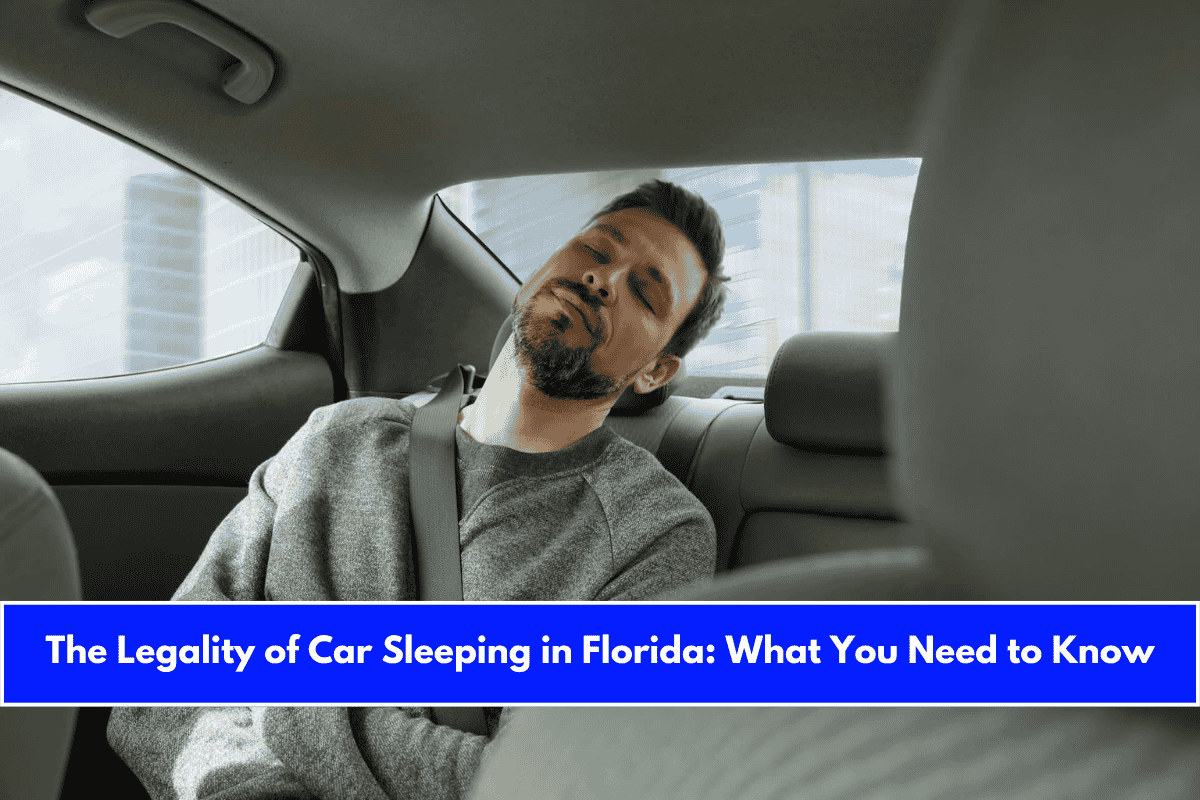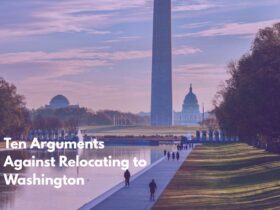Sleeping in your car in Florida is a complex issue shaped by new statewide laws, local ordinances, and specific circumstances. As of 2025, recent legislative changes have clarified—and in some cases, tightened—regulations around where and when you can sleep in your vehicle.
Statewide Ban on Public Sleeping and Camping
A new law, effective October 1, 2024, and further strengthened on January 1, 2025, prohibits sleeping and camping in public spaces across Florida, unless those spaces are specifically designated by local governments and certified by the Department of Children and Families. This means:
- Sleeping in your car on public property (such as public streets, parks, or rights-of-way) is generally illegal unless the area is officially designated for that purpose.
- Local governments are now required to enforce this ban or risk lawsuits from residents, business owners, or the Attorney General.
- Temporary encampments or designated sleeping areas must meet strict standards and cannot be located near residential zones.
Sleeping in Your Car: Where and When Is It Allowed?
- Legally Parked and Registered Vehicles: The new law allows people to sleep in their cars if the vehicle is properly registered and legally parked. However, this does not override local ordinances or private property rules.
- Rest Stops: Florida allows drivers to sleep in their vehicles at highway rest stops for up to three hours. Commercial vehicle operators may be permitted up to ten hours. Overnight parking beyond these limits is not allowed.
- Private Property: Sleeping in your car on private property (like a friend’s driveway or a business parking lot) requires the property owner’s permission. Many businesses, including large retailers, prohibit overnight parking and may ask you to leave or issue a citation.
- Municipal Ordinances: Many Florida cities have their own rules explicitly banning sleeping in vehicles on public property, including streets, parking lots, and parks. For example, Miami, Pompano Beach, and Key West all prohibit sleeping or lodging in vehicles in public spaces.
Penalties and Enforcement
- Violating state or local bans on sleeping in your car in public places can result in fines ranging from $250 to $1,000, depending on the municipality and circumstances.
- If you are found sleeping in your car while under the influence of alcohol or drugs, you may be charged with DUI if you are considered to be in “actual physical control” of the vehicle (e.g., in the driver’s seat with the keys accessible).
Key Takeaways
| Situation | Legal Status in Florida (2025) |
|---|---|
| Sleeping in car on public street/park | Illegal unless in designated area |
| Sleeping in car at highway rest stop | Legal for up to 3 hours (10 for truckers) |
| Sleeping in car on private property | Allowed with owner’s permission |
| Sleeping in car in business parking lots | Usually prohibited; risk of citation |
| Sleeping in car while intoxicated | Risk of DUI charge if in control of vehicle |
Sleeping in your car in Florida is generally not permitted on public property unless you are in a specifically designated area or at a highway rest stop for a limited time.
Always check local ordinances and property rules, and ensure your vehicle is legally parked and registered. Violations can result in fines or, in some cases, criminal charges.
If you must rest in your car, do so briefly, safely, and in compliance with all posted and local regulations.
Sources:
- https://www.wusf.org/politics-issues/2025-01-02/florida-law-banning-sleeping-camping-public-people-can-sue-municipalities
- https://www.meldonlaw.com/fort-lauderdale/dui-defense-lawyer/sleeping-in-car/
- https://getjerry.com/state-laws/is-it-illegal-to-sleep-in-your-car-in-florida/
- https://www.fl-counties.com/publiccamping/
- https://reolink.com/blog/is-it-illegal-to-sleep-in-your-car/











Leave a Reply